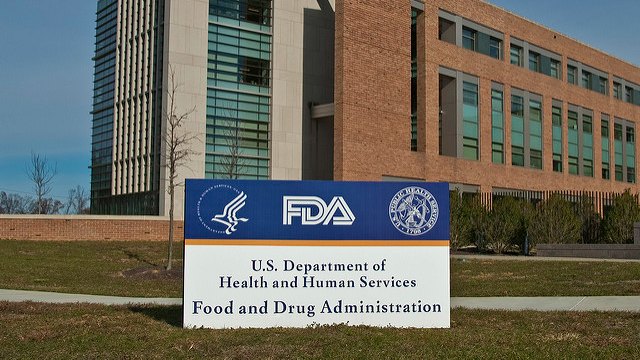 FLICKR, THE U.S. FOOD AND DRUG ADMINISTRATIONFrom 2011 to 2015, the US Food and Drug Administration (FDA) approved roughly two dozen more drugs than its counterpart in Europe, the European Medicines Agency (EMA), and the American agency was faster at evaluating them. The FDA took a median of 306 days to approve a drug, while the EMA took 380 days, according to a report published this week (April 6) in the New England Journal of Medicine.
FLICKR, THE U.S. FOOD AND DRUG ADMINISTRATIONFrom 2011 to 2015, the US Food and Drug Administration (FDA) approved roughly two dozen more drugs than its counterpart in Europe, the European Medicines Agency (EMA), and the American agency was faster at evaluating them. The FDA took a median of 306 days to approve a drug, while the EMA took 380 days, according to a report published this week (April 6) in the New England Journal of Medicine.
“This is more information that should inform upcoming debates,” coauthor Joseph Ross of Yale University said in a press release. “The FDA is already making decisions quickly and increasing its regulatory speed shouldn’t be our number-one priority.”
As The Los Angeles Times pointed out, both President Donald Trump and his nominee to lead the FDA, Scott Gottlieb, have criticized the agency for its sluggish pace. Yet, Ross’s analysis suggests that, “when it comes to approving drugs, the agency he would lead outpaces others’.”
During the study time frame, the FDA approved 170 drugs, and the EMA 144. Around 43 percent of the FDA’s approvals were for orphan drugs, compared to 25 percent of the EMA’s approvals.
These data appear to support the Prescription Drug User ...
















